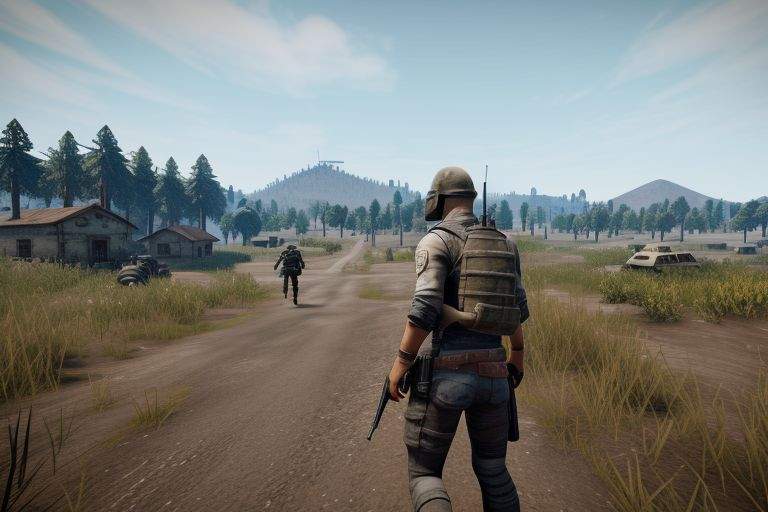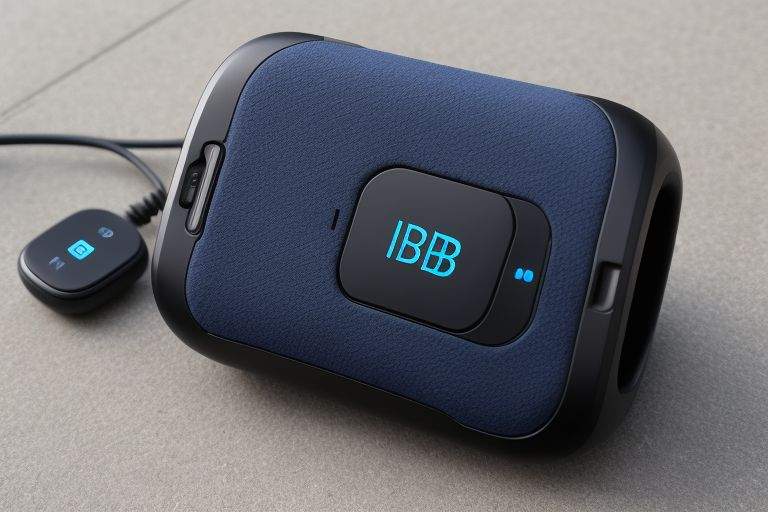
PlayerUnknown’s Battlegrounds, more commonly known as PUBG, has emerged as a central pillar within the realm of online multiplayer gaming since its inception in 2017. Developed by the South Korean video game company PUBG Corporation, a subsidiary of Bluehole Studio, PUBG has redefined the battle royale genre, influencing numerous games and creating a cultural phenomenon that stretches beyond mere gameplay mechanics. This essay delves into the evolution of PUBG, its distinctive features, its impact on the gaming community and broader culture, and the challenges it faces in an ever-evolving industry.
The Evolution of PUBG
PUBG is rooted in the vision of Brendan Greene, known professionally as PlayerUnknown, who initially sought to create a realistic game inspired by the battle royale film “Battle Royale” and the “Arma 2” mod, DayZ. Leveraging his expertise and understanding of player behaviors in virtual environments, he aimed to design a game that emphasized survival, tactics, and realism. The early access version released in March 2017 quickly garnered attention, with its unique gameplay mechanics capturing the hearts of players worldwide.
By offering a “last player standing” format, PUBG introduces an intense competitive atmosphere where players are dropped onto an expansive island, must scavenge for weapons and supplies, and engage in increasingly fierce combat as the play area gradually shrinks. This structure promotes strategic engagement, teamwork, and adaptability, appealing to both casual and hardcore gamers.
As of October 2023, PUBG has seen numerous updates, including new maps, game modes, and customizations, reflecting the developers’ commitment to evolving gameplay to retain and attract its audience. Moreover, the game has expanded its presence beyond personal computers and consoles to mobile devices, further enhancing its accessibility and appeal.
Distinctive Features of PUBG
At its core, PUBG’s success derives from several distinctive features. The first is its realistic gameplay mechanics, which emphasize strategic resource management, realistic ballistics, and environmental factors that affect gameplay. These elements create a sense of immersion that draws players into a vivid battlefield where actions have significant consequences.
Another defining feature is the game’s map design. Each map varies in size, terrain, and features, such as urban areas or open fields, challenging players to adapt their strategies according to their surroundings. The dynamic play zone, which reduces in size over the course of a match, ensures a continually shifting battlefield that keeps players on their toes, fostering intense clashes as groups of players or individuals compete in a high-stakes scenario.
Teamwork is also central to PUBG’s appeal. The game allows players to team up in squads, compelling collaboration through communication and shared tactics. This social aspect has fostered an engaged community that transcends national borders, uniting players from diverse backgrounds under a common goal.
Impact on Gaming Community and Broader Culture
PUBG’s influence on the gaming community and broader culture is noteworthy. The popularity of the game has led to the proliferation of the battle royale genre, inspiring several other titles such as Fortnite, Apex Legends, and Call of Duty: Warzone, each adopting and adapting elements from PUBG’s formula. This shift not only changed the landscape of video games but also redefined how developers create and market their products, prioritizing online multiplayer experiences.
Moreover, PUBG has fueled the rise of the esports scene. Competitive tournaments featuring PUBG attract sponsors, merchandise, and a dedicated audience, making it a significant player in the esports arena. The PUBG Global Championship, among other tournaments, showcases the game’s competitive potential, contributing to a growing ecosystem of professional gaming. These events foster community engagement, generate economic opportunities, and inspire professional players, further emphasizing gaming’s transformation into a legitimate career path.
Beyond the realm of gaming, PUBG has influenced popular culture. Due to its immense popularity, the game has been referenced in various forms of media, including television series, online content, and even memes. PUBG has become a social phenomenon, with streamers and content creators amassing millions of followers on platforms like Twitch and YouTube, using the game as a vehicle for entertainment and engagement. The game’s ability to integrate itself into daily conversations and social interactions exemplifies its far-reaching influence, allowing it to transcend the traditional boundaries of video games.
Challenges Ahead
Despite its accomplishments and cultural impact, PUBG faces challenges inherent to the gaming industry. The saturation of the battle royale genre presents a significant hurdle, as players have a plethora of options vying for their attention. Competition from other titles, along with shifting player preferences, necessitates that PUBG continually innovate and adapt to maintain relevance in a fickle marketplace.
Moreover, concerns regarding toxicity in online gaming communities, including instances of harassment and cheating, present ongoing obstacles for PUBG’s developers. To sustain a healthy and engaged player base, PUBG Corporation must invest in community management and robust anti-cheat measures to mitigate these issues.
Lastly, balancing monetization strategy with player experience remains a sensitive topic. While PUBG has implemented in-game purchases and seasonal passes, players often express concerns over perceived unfair advantages and the impact of microtransactions on gameplay. Successfully navigating these financial models while ensuring an enjoyable gaming experience will be vital for the game’s longevity.
PlayerUnknown’s Battlegrounds is more than just a video game; it is a cultural phenomenon that has influenced the gaming community and broader culture in profound ways. Its unique gameplay mechanics, commitment to realism, and emphasis on team dynamics have redefined the expectations for multiplayer experiences. While PUBG faces challenges in an increasingly competitive landscape, its legacy as a pioneer in the battle royale genre remains intact. As it adapts to changing contexts and player experiences, PUBG will continue to be a significant player in the ongoing evolution of the gaming industry, and its story is far from over.






